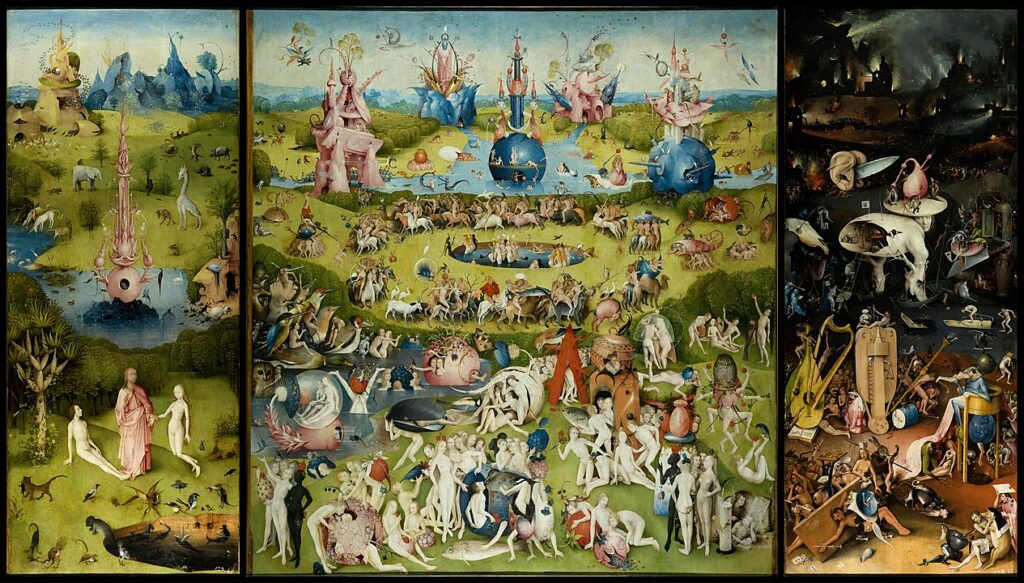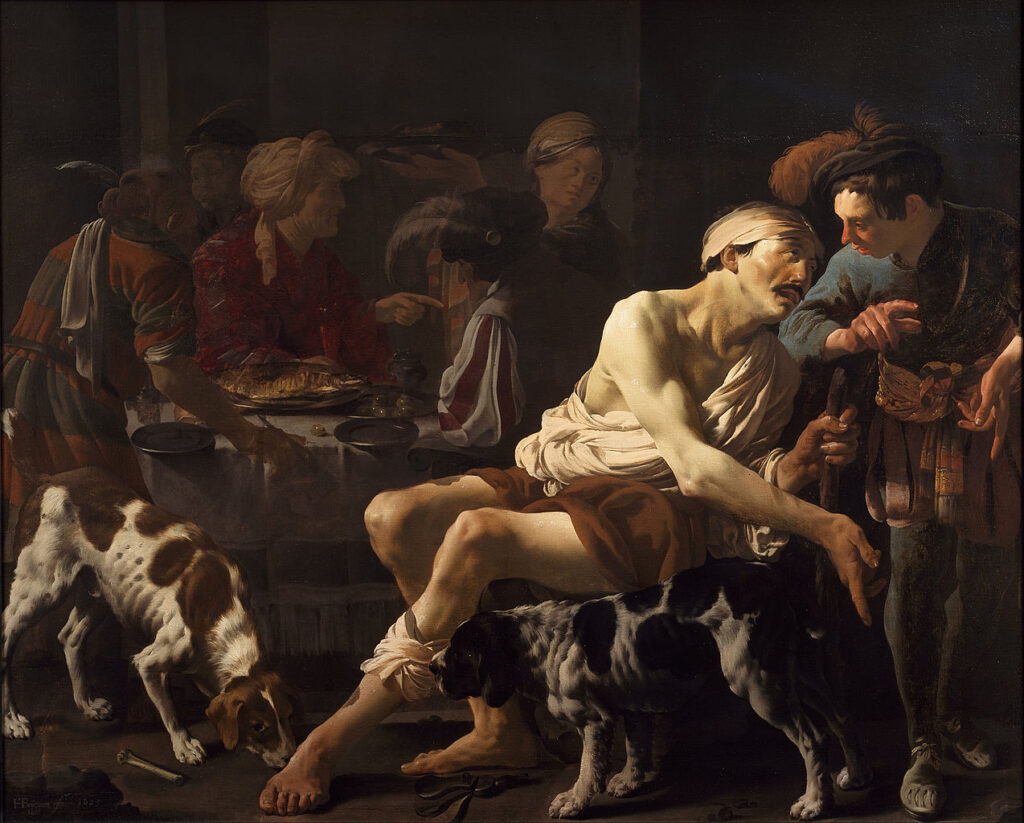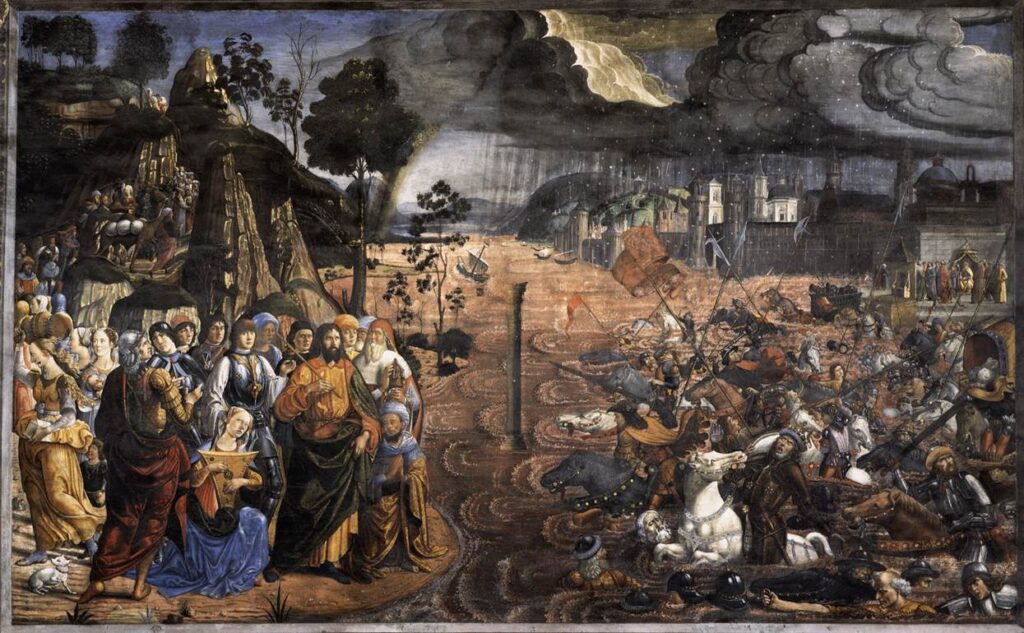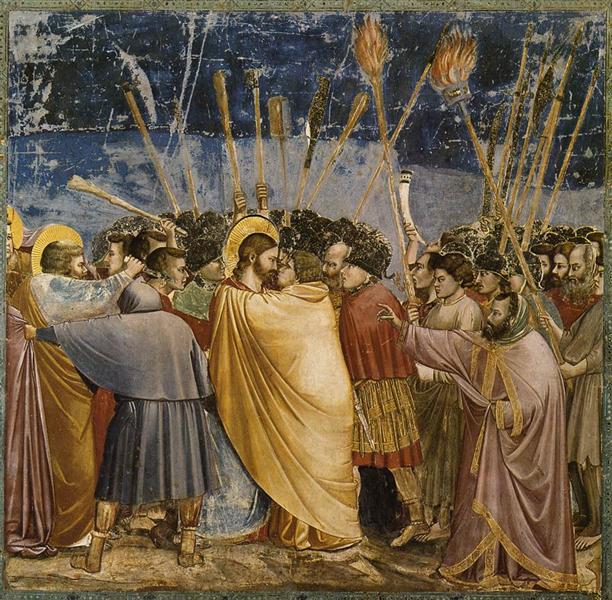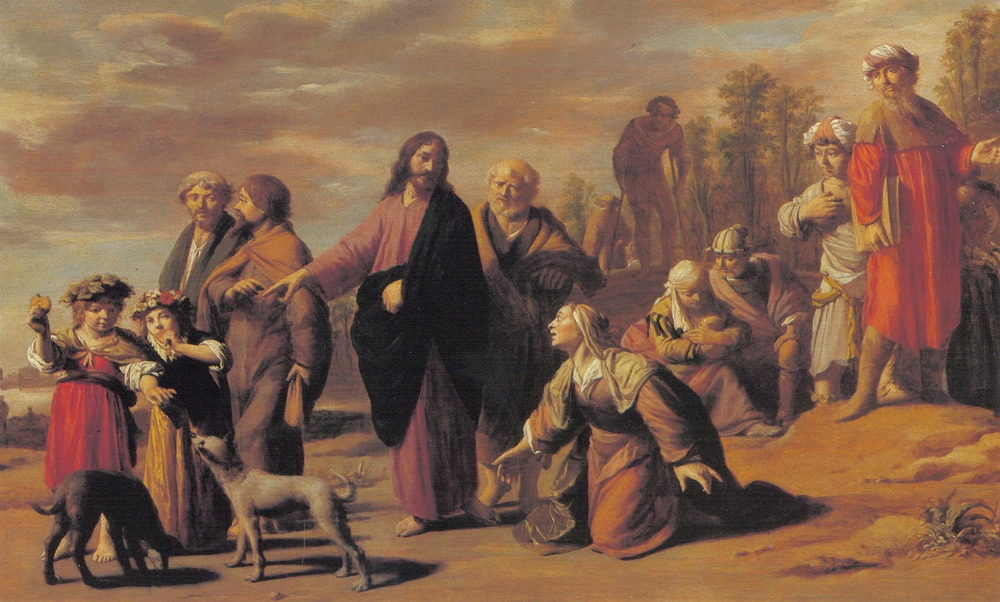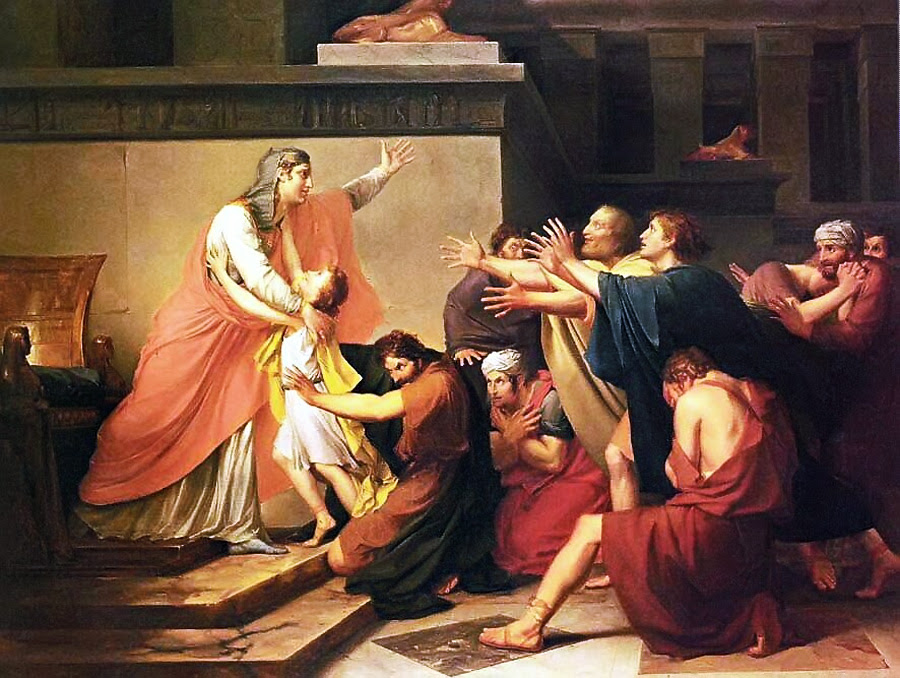Reincarnation vs. Christianity: The Truth About Life After Death
Reincarnation—the belief that souls undergo a cycle of death and rebirth in new bodies—is common in many Eastern religions, such as Hinduism and Buddhism. However, the Catholic Church and Christianity as a whole firmly reject reincarnation as incompatible with divine revelation, human dignity, and the nature of salvation. This rejection is based on Sacred Scripture, […]
Reincarnation vs. Christianity: The Truth About Life After Death Read More »

